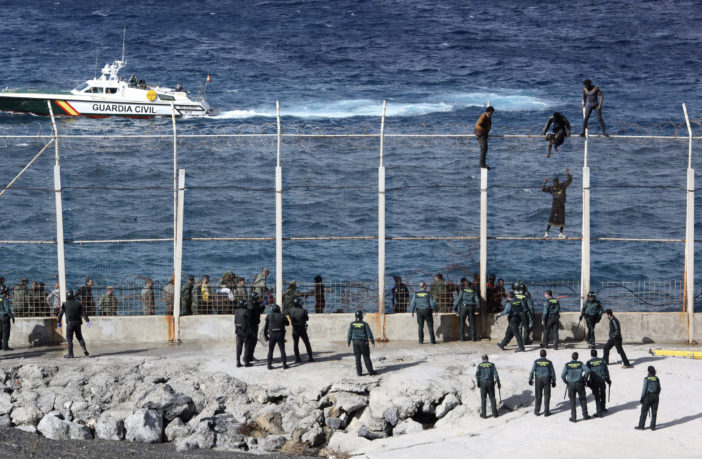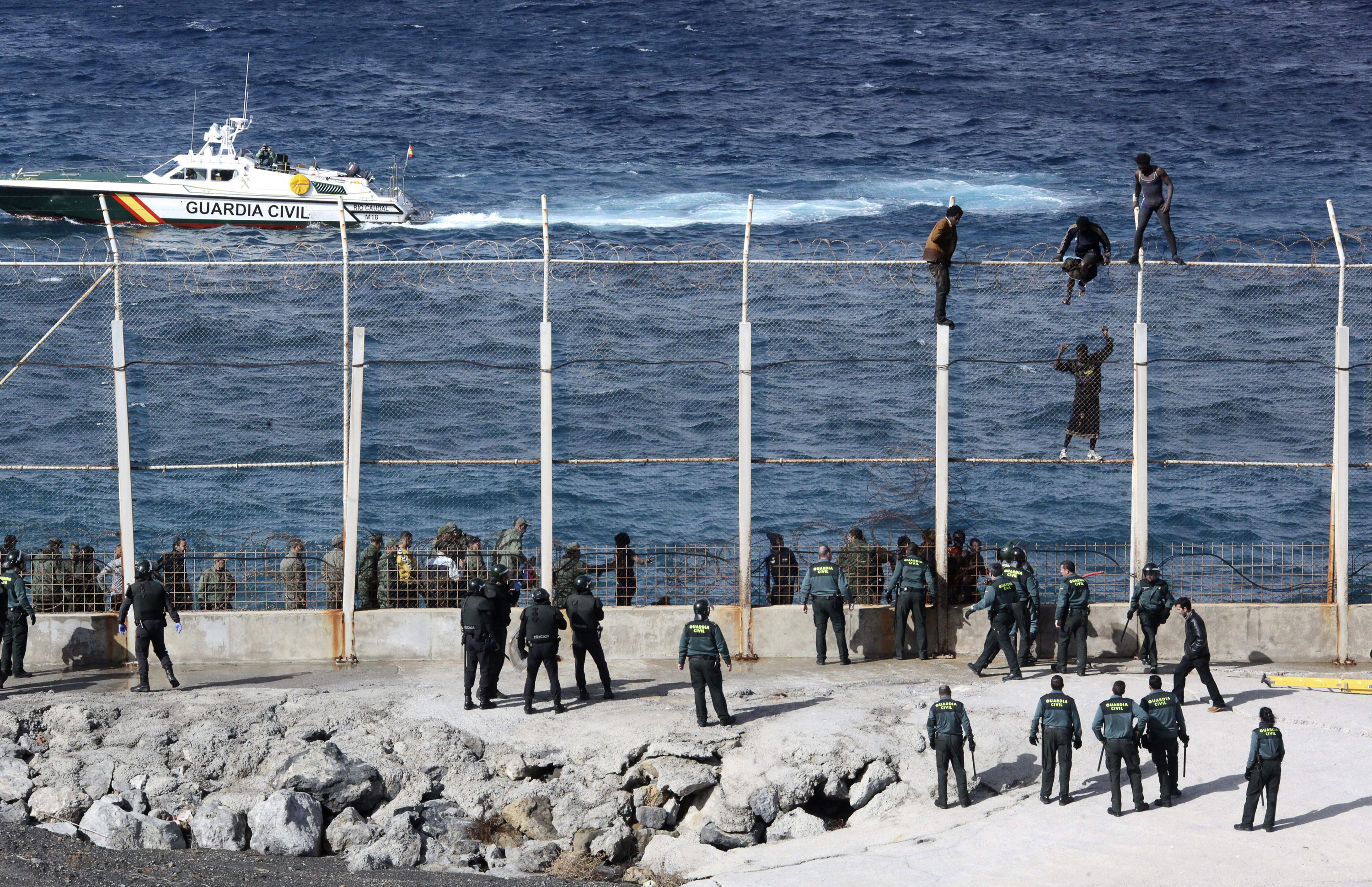ChatamHouse.org
Written by @Eubulletin
In recent years, there have been four major sets of events that have brought back the discussion around borders in the Maghreb region. These are: the ongoing conflicts in Syria and Libya and their broader impact on the international community and order, the humanitarian disaster in the Mediterranean and its repercussions and media coverage in Europe; the temporary reintroduction of border checks within the Schengen area, and the renewed calls for deeper cooperation on border surveillance and patrolling with countries of origin and of transit in the Maghreb and in Africa.
Never before has reinforced cooperation on border controls attracted so much attention from policy makers in international forums. While the humanitarian needs of the individuals crossing borders as well as their fundamental rights to leave any country are recognized, the international consensus is such that it pushes countries to ‘take measures to prevent irregular border crossings’ to say whom to admit and whom to deport. Borders are indeed very symbolic and carry a range of functional attributes. Moreover, the borderland may interact with other dimensions of the border including control, identity and meaning.
However, at a state level, intensifying border controls implies redefining external relations. For example, Morocco’s deepened cooperation with Spain on border controls and deportation alienated this North African country from its traditional sub-Saharan African partners. Later, the toppling of Muammar Gaddafi and the declining influence of Libya in sub-Saharan Africa opened a new opportunity. Rabat is seen by some as having revamped its ‘African strategy’ based on soft power which turned out to be an agreement with its strategy to co-opt some sub-Saharan countries with an intention to narrow Algeria’s scope for action in Africa and to strengthen Moroccan territorial claims on Western Sahara.
Moreover, reinforced controls on external borders cause a reformulation of relations between the parties involved. Nowadays, unprecedented patterns of interconnectedness among countries in Western Mediterranean have become so consolidated that any unilateral form of conditionality must be scrutinized not to jeopardize cooperation. In broader terms, it is probably safe to say that cooperation on border and migration controls has actually become the number one priority in North African–EU relations but at the same time remained peripheral to other strategic issue areas.
The western vision currently assumes that regional integration processes should be characterized by clear-cut bordered areas. However, some analysts are now calling for the borderlands to be considered as grassroots integration processes capable of tackling the divide between border people’s day-to-day realities and the sovereign preserve of states. However, since borderlands span a few neighboring states, their intrinsic cross-border dynamics should be preserved.
‘Approaching Borders and Frontiers in North Africa’ – Analysis by Jean-Pierre Cassarino – Chatham House, The Royal Institute of International Affairs.








